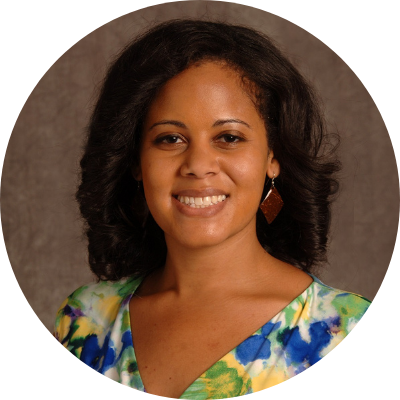

In response to a reinvigorated national dialogue around structural racism, the American Association for Community Psychiatry (AACP) aimed to create a tool or roadmap for community behavioral health providers that would
(1) provide metrics specific to disparity and inequity issues in community behavioral health.
(2) extend beyond cultural competency and linguistic appropriateness to incorporate structural inequity.
(3) promote a stepwise, concrete quality improvement process that could be adapted for self-directed use in community behavioral health settings.
Here, we introduce the Self-assessment for Modification of Anti-Racism Tool (SMART), a quality improvement tool that aims to meet the AACP’s needs in facilitating organizational change in community behavioral healthcare. In this session, we will review previously described health inequity frameworks, highlighting their strengths and their limitations as relates to addressing structural racism in community behavioral health practice.
We will then introduce the key components of the SMART, describing our process in developing this organizational tool based on key inequity issues that are most relevant to community mental health practice. Lastly, we will use a case example to illustrate the process for using the SMART, and describe future directions for piloting this framework.

1. Describe how the Self-Assessment for Modification of Anti-Racism Tool (SMART) builds on prior existing health inequity frameworks
2. Describe the components of the Self-Assessment for Modification of Anti-Racism Tool (SMART) and the key issues of mental health inequity that it aims to address in using these components
3. Understand the process for using the Self-Assessment for Modification of Anti-Racism Tool (SMART) to facilitate organizational change in the community mental health setting

 Rachel Talley, M.D. is Assistant Professor of Clinical Psychiatry in the Department of Psychiatry at the University of Pennsylvania. She directs the University of Pennsylvania’s Fellowship in Community Psychiatry, a post-residency training program that teaches administrative and leadership skills to grow the next generation of public sector psychiatric leadership. She has several years of frontline clinical experience in community-based settings, and is currently staff attending at Horizon House, Inc.
Rachel Talley, M.D. is Assistant Professor of Clinical Psychiatry in the Department of Psychiatry at the University of Pennsylvania. She directs the University of Pennsylvania’s Fellowship in Community Psychiatry, a post-residency training program that teaches administrative and leadership skills to grow the next generation of public sector psychiatric leadership. She has several years of frontline clinical experience in community-based settings, and is currently staff attending at Horizon House, Inc.
Dr. Talley received her B.A. from Harvard University and her M.D. from Stanford University School of Medicine. She completed both her residency training in adult psychiatry and a post-residency fellowship in public psychiatry at Columbia University/New York State Psychiatric Institute. She has several peer-reviewed publications examining issues relevant to the care of individuals with serious mental illness. She currently serves on the Board of the American Association for Community Psychiatry as Early Career Psychiatrist representative.

Dr. Sosunmolu Shoyinka is the Chief Medical Officer for the Department of Behavioral Health and Intellectual disAbility Services (DBHIDS). In this role, he works to assure optimal population health for all Philadelphians by aligning policy, programs, and system processes with current best practice.
Prior to this role, Dr Shoyinka held several leadership positions. He served as Director of the Missouri Behavioral Pharmacy Management program, a statewide program that improved the quality of psychotropic prescribing while realizing cost savings of over $10 million over a decade. During his tenure as Medical Director for the Sunflower and Home State Health Plans at Centene Corp, Dr Shoyinka co-led the development of a patent-pending addiction-focused analytic platform, developed addiction-related programs and crafted addiction services policy covering more than 12 million lives.
Dr Shoyinka’s clinical experience includes telemedicine, academic medicine, for-profit and state hospitals, forensics, correctional mental health, primary care, federally qualified health centers, health homes and community mental health. He is board-certified in general adult psychiatry, community and public psychiatry, and addiction medicine.
Dr. Shoyinka completed fellowships in Consultation-Liaison Psychiatry at Yale, Public Psychiatry at Columbia and Psychoanalytic Psychotherapy at NYU. He holds an MBA from the Kelley School of Business. Dr Shoyinka serves on the Mental Health Services Committee for the Group for the Advancement of Psychiatry and on the Board of the American Association for Community Psychiatry. In 2021, he was recognized as a Black leader shaping the future of Psychiatry.